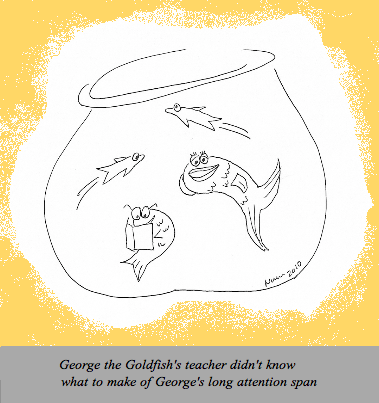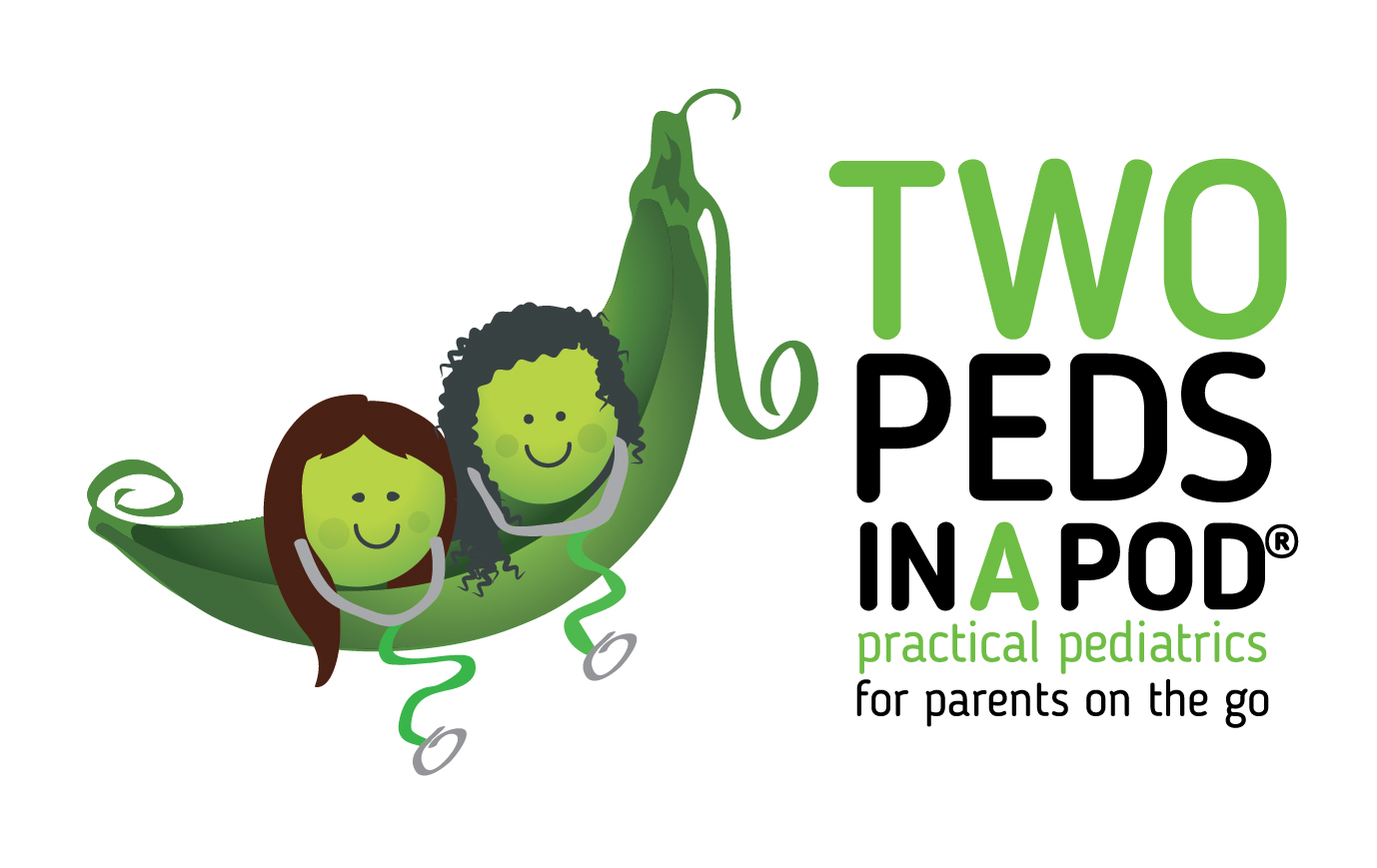 On Monday, your son Robby forgot his brown-bag lunch on the kitchen table.
On Monday, your son Robby forgot his brown-bag lunch on the kitchen table.
On Tuesday, he left his second grade homework on the school bus.
On Wednesday, he jumped off a five-foot wall at recess and ended up in the nurse’s office “just because.”
On Thursday, he didn’t notice three questions on the exam and skipped them.
Every day, Robby takes over an hour to complete what the teacher claims should be ten minutes of homework.
On Friday, you are not surprised when Robby hands you a note from his teacher asking for a conference.
At the parent teacher conference you and your partner get a feeling of déjà vu. You had a similar conference with Robby’s first grade teacher. This time the principal and counselor are present. You learn that he does not follow directions, he cannot complete work unless the teacher sits next to him and redirects him, he “spaces out” during classroom activities, and he can’t keep his hands off of the extra pencils in his desk or those on his neighbor’s desk. You ask the teacher if she suggests testing Robby for Attention Deficit Hyperactivity Disorder. Everyone agrees Robby is impulsive, unfocused and constantly in motion…all hallmarks of ADHD. The counselor says the school psychologist can evaluate Robby.
“We give the go ahead,” you say. Everyone smiles and shakes hands. But as soon as you arrive home, you begin to worry. You fear “something else” may be causing ADHD symptoms. The fear of missing that “something else” brings you and Robby to my office.
Here is a list of “Something elses” that doctors think about. These all can masquerade as, or contribute to, ADHD symptoms:
- Lack of good sleep – Remember how unfocused you were when your child was an infant and you were perpetually sleep deprived? In addition to just plain going to bed too late and waking too early, conditions such as sleep apnea, chronic night time cough, or itchy skin can lead to inadequate sleep at night and an inability to concentrate during the day. Hang out in his room and observe your child while he sleeps to see if you can catch anything…just when you thought you could relax at night!
- Many times children with ADHD also have learning disabilities. Conditions such as dyslexia may contribute to frustration and focus difficulty.
- Children with mental retardation may also appear too easily distracted when the classroom pace becomes too fast.
- A child who stares off into space mid-conversation during dinner and in school may be experiencing absence seizures. A painless test where sensors are placed on a child’s head, called an electroencephalogram (EEG), can detect these seizures.
- In medical school I learned, “When something goes wrong with a patient, first look and see what you did.” Some of the medications your child takes may alter his ability to concentrate. Antihistamines are common culprits.
- Emotional difficulties, whether stemming from family disruptions such as divorce or from other sources such as school yard bullying, can also lead to easily-distracted children.
- If your child can see the erasers in his desk better than the whiteboard, he will spend more time looking at his desk than the teacher. Make sure his vision is normal.
- Likewise, if your child can’t hear perfectly, he will find other ways to amuse himself at school besides following instructions that he does not hear. Have an audiologist test his hearing.
- Some medical problems that are detected in a blood test can lead to ADHD like symptoms. Specifically, an inadequate amount of thyroid hormone, a hormone which regulates a body’s metabolism, can lead to concentration issues, although other symptoms are usually present. Likewise a low level of oxygen carrying cells in the body (anemia) can lead to some ADHD symptoms. Lead poisoning may cause focus issues.Look for reasons your child may be at risk for lead exposure.
- Maturity also plays a big role in a child’s ability to focus or sit still. Sometimes a child is much younger than his classmates. One family I know found one-third of their child’s first-grade class was a year or more older than their child. A study from Michigan State found the youngest children in a class are 60 percent more likely to be diagnosed with ADHD than the oldest children.
Some children have several factors leading causing attention problems. Your son Robby ultimately receives the diagnosis of ADHD as well as a new pair of glasses. You set up ADHD treatment strategies for Robby and look forward to a more successful school year.
Naline Lai, MD with Julie Kardos, MD
©Two Peds in a Pod℠



